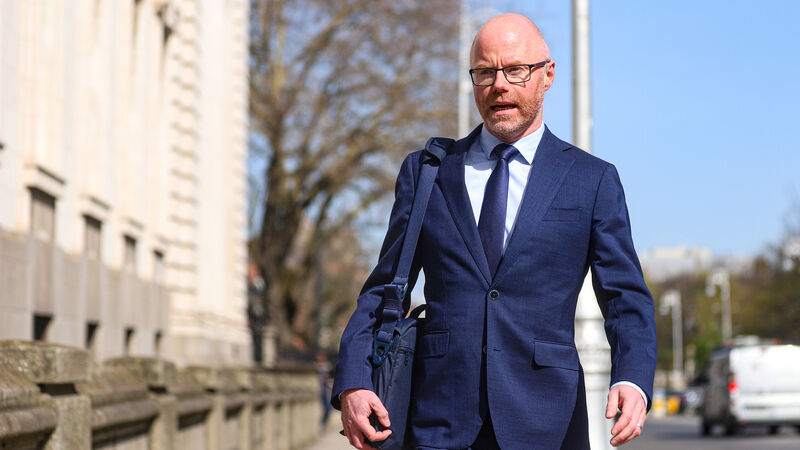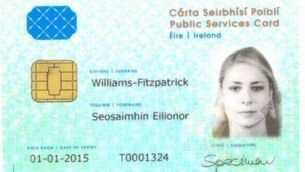Health chiefs defend vaccination priority change amid anger from teachers and gardaí

Health Minister Stephen Donnelly defended the rearranged vaccine programme as 'more efficient, transparent, and effective'. Picture: Damien Storan
The priority list in the vaccination programme was rearranged based on “clinical and scientific advice”, Health Minister Stephen Donnelly has insisted, in the face of anger from a range of sectors.
On Tuesday, the Government announced the national vaccination programme is to be changed to an age-based system, once those aged 70 years and older, the vulnerable, and people with underlying conditions are immunised.










